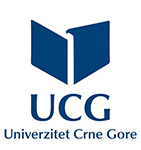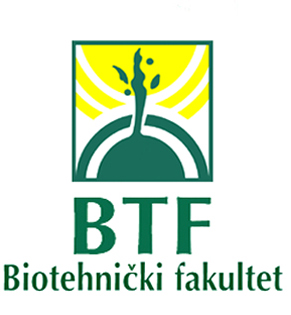| Volume : |
59 |
| Issue : |
3 |
| |
|
| Authors : |
Nikolaos KAPOULAS, Zoran S. ILIĆ, Lidija MILENKOVIĆ, Nataša MIRECKI |
| Title : |
EFFECTS OF ORGANIC AND CONVENTIONAL CULTIVATION METHODS ON MINERAL CONTENT AND TASTE PARAMETERS IN TOMATO FRUIT |
| Abstract : |
Three tomato varieties (Robin-F1, Amati-F1 and Elpida-F1) were grown in the greenhouse condition (Northeastern Greece) using organic and conventional cultivation methods. The differences between production systems were in the pest control and fertilizer. We used goat manure (30 t ha-1) in organic system and 400 kg/ha slow release mineral fertilizer NPK 12-12-17 + 2MgO + 8S + trace elements in conventional growing system. The objective of this study was to investigate whether there were any differences in the TSS, citric acids and mineral content (K, Ca, Na, Mg, Fe, Zn, Mn, Cu) in organic and conventional tomatoes.
The differences were more dependent on the cultivars than on the production system. The cultivar ‘Elpida’ had the highest content of micronutrient compared to the two other varieties grown under the same conditions. We found significantly greater concentrations of P, K, Ca and Mg in organic tomatoes but in conventionally grown tomato we found greater content of Zn, Fe and Cu. Growing method have no influence on concentrations of B and Mn in tomato fruit. ‘Elpida’ cultivar had the highest content of TSS and citric acid (0.48%) of the three different varieties grown under same conditions. Also, the taste index in organic ‘Elpida’ (1.10) was much more pleasant because the ratio of total soluble solid and total acid more favorable than the tomatoes from conventional production. |
| For citation : |
Nikolaos KAPOULAS, Zoran S. ILIĆ, Lidija MILENKOVIĆ, Nataša MIRECKI (2013): EFFECTS OF ORGANIC AND CONVENTIONAL CULTIVATION METHODS ON MINERAL CONTENT AND TASTE PARAMETERS IN TOMATO FRUIT. Agriculture and Forestry, Vol. 59. Issue 3: 23-34, 2013, Podgorica |
| Keywords : |
tomato, production, organic, conventional, micronutrients. |
| |
|
| download paper |

